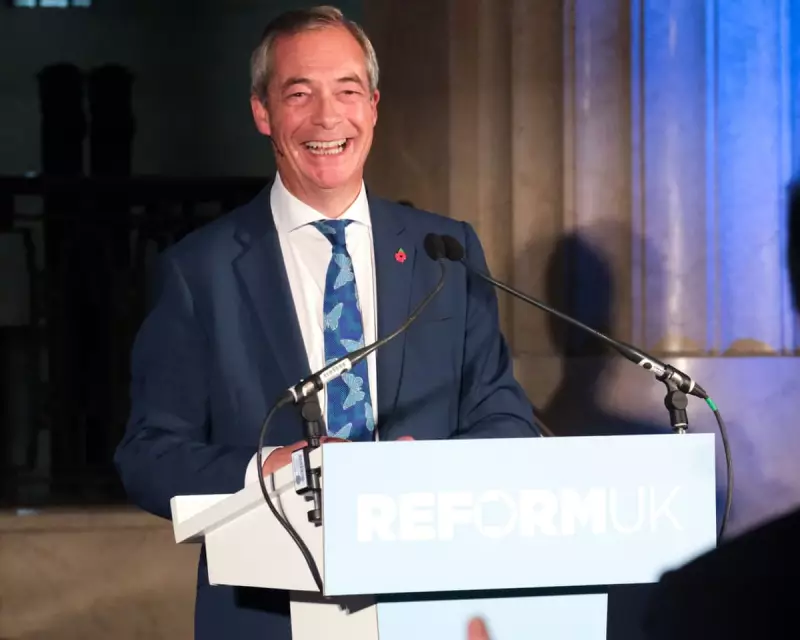
Nigel Farage stands as one of Britain's most enduring political figures, a chameleon who has repeatedly adapted his message while maintaining the same fundamental position on immigration that first propelled him to prominence. As he positions Reform UK for potential electoral success, understanding his political evolution becomes crucial to decoding modern British politics.
The Constant Core: Immigration as Political Foundation
Throughout his decades in politics, from UKIP to the Brexit Party and now Reform UK, Farage's central message has remained remarkably consistent. His political identity has been built upon a foundation of stringent opposition to immigration, a position he has refined and repackaged for different political climates without ever abandoning its essence.
What makes Farage particularly effective is his ability to sense shifting public moods and adjust his presentation accordingly. He maintains his anti-immigration stance while softening its delivery, making it more palatable to a broader electorate that might be put off by overt xenophobia.
The Art of Political Repackaging
Farage's political longevity stems from his chameleon-like ability to change colours while keeping the same underlying structure. He understands that British voters' tolerance for outright xenophobia has diminished, requiring a more sophisticated approach to the same fundamental message.
His strategy involves several key adaptations:
- Maintaining core anti-immigration policies while using more measured language
- Positioning himself as a defender of British values rather than an opponent of foreigners
- Adapting his presentation style to suit different media formats and voter demographics
- Focusing on economic arguments against immigration rather than purely cultural ones
The Reform UK Transformation
With Reform UK, Farage has undertaken his most significant rebranding yet. The party presents itself as a serious political force rather than a protest movement, though its policies remain fundamentally aligned with Farage's longstanding positions.
This transformation reflects Farage's understanding that to achieve real political power, he must appeal beyond his core supporters to disaffected Conservative voters and those feeling left behind by mainstream politics. The packaging has changed, but the product remains essentially the same.
The Dangers of Normalised Xenophobia
The success of Farage's approach lies in making xenophobic policies appear reasonable and mainstream. By softening his language while maintaining the same essential positions, he has helped shift the Overton window on immigration discourse in Britain.
This normalisation of what were once considered extreme positions represents perhaps his most significant political achievement—and his most dangerous legacy. The boundaries of acceptable political discourse on immigration have moved substantially rightward during his career.
Looking to the Future
As Britain approaches another general election, Farage's chameleon politics continue to evolve. His ability to adapt while maintaining his core message makes him a persistent force in British politics, one that has repeatedly proven capable of influencing the national conversation far beyond what his electoral results might suggest.
The question remains whether this latest iteration of Farage's political project will achieve the breakthrough that has previously eluded him, or whether British voters will ultimately see through the changing colours to the consistent message beneath.






